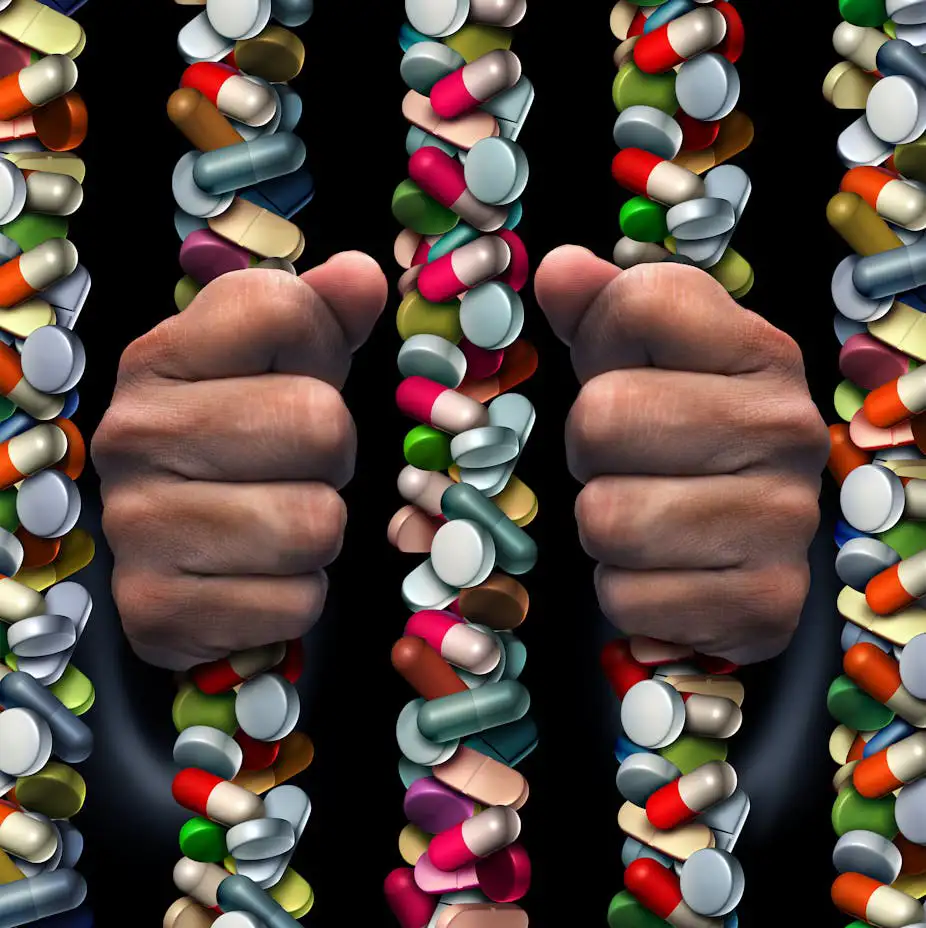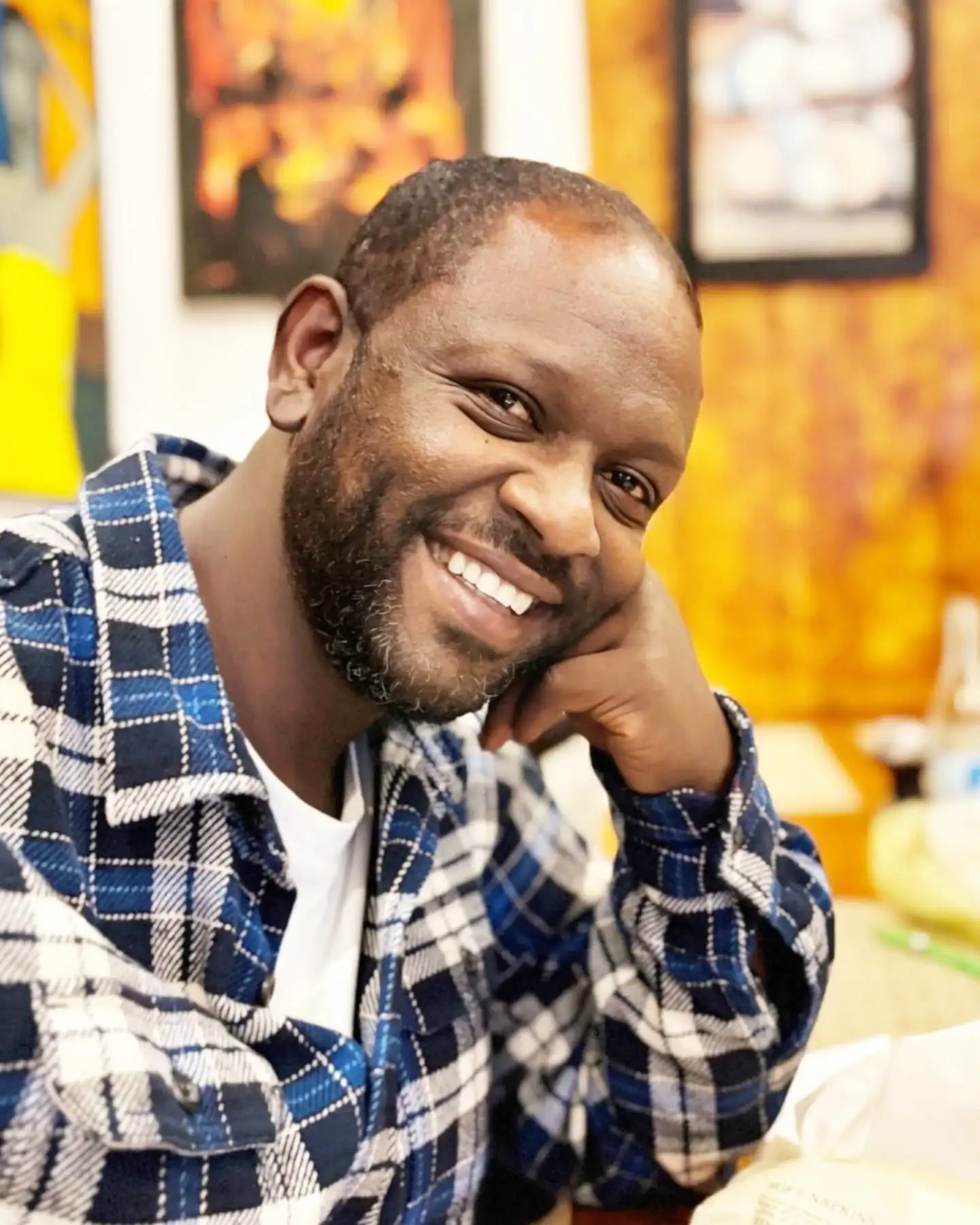By: Staff Contributor
When I think about addiction, my mind often goes straight to one word: empty. Not empty hands, or an empty room, but a hollow feeling deep inside, a kind of emptiness that nothing no thing, no person, no activity seems to fill. For a long time, I used to think addiction was just about bad choices, or maybe a physical sickness. But the more I learn, especially from thinkers like Viktor Frankl, the more I realize we might be looking at it all wrong, too narrowly. What if addiction isn't just about what someone does, but about a deeper, quiet suffering: what Frankl called the "existential vacuum"?
Imagine this: inside every single one of us, there's a space that constantly asks, "Why?" Why am I here? What's my purpose? What makes my life truly matter? That's the "existential" part it's about our very existence, our search for meaning. When we can't find an answer to that "why," or when it feels like there simply is no answer, that inner space can become a "vacuum" an absolute void. It's not always a loud, sharp pain, like a broken bone. Sometimes, it's a quiet, nagging feeling of meaninglessness, like being completely lost without a map, just going through the motions of life without a real reason to. For many, this silent void becomes an unbearable burden, and it's right in that void that addiction often finds a way to take root.
Viktor Frankl, a psychiatrist who survived the horrors of concentration camps, saw something incredible: those who held onto a reason to live, even in the most impossible situations, were more likely to make it out. He understood that as humans, we have a profound need for meaning. When this essential need isn't met, it can lead to that existential vacuum a state where you might feel bored, completely unmotivated, useless, or just deeply despairing. It's not exactly depression, though it can certainly lead there; it's a unique kind of spiritual and emotional hunger for significance that just goes unfulfilled.
When a person feels this deep emptiness, this existential vacuum, they often try to fill it, and this is where addiction becomes a dangerous, but understandable, temporary solution. A drug, alcohol, gambling, even compulsive shopping or endless social media scrolling, can all provide a quick, though ultimately fleeting, sense of "pseudo-purpose" by offering an escape that numbs the painful awareness of the void and helps them simply forget the overwhelming question of "why." The constant pursuit of the next high, the next win, or the next notification can feel like a real goal, a challenge, or even a way to structure their day, even if it's destructive, temporarily mimicking the false fulfillment of joy or accomplishment that true meaning brings through a rush of dopamine.
But it's like trying to fill a bucket with a hole in the bottom. You keep pouring, but it's never truly full. The high fades, the excitement disappears, and that emptiness creeps back, often even deeper and more painful than before, trapping them in a desperate cycle. That's why experts now see a strong link between a lack of meaning in life and substance use disorders. Tools used in psychology, like the Purpose in Life (PIL) Test, consistently show that people struggling with addiction often score lower on measures of meaning and purpose than those who aren't. It's powerful stuff: a stronger sense of meaning actually shields you against future drug misuse.
This understanding really shifts how we should look at and expect things from people struggling with addiction. If addiction is partly a symptom of that existential vacuum, then just telling someone to "stop" or expecting willpower alone to fix it is like asking a hungry person to simply stop being hungry without offering any food. The underlying hunger for meaning is still there. So, true healing has to involve not just removing the substance, but actually helping that person find, or rediscover, a genuine purpose for their own life. This could mean finding meaning in a new job, nurturing relationships, exploring creative passions, helping others, or committing to personal growth.
And responsibility, in this light, isn't just a heavy burden; it's actually a pathway to meaning. When we take responsibility for our actions, for our lives, and for the people around us, we create value. We become important. Frankl believed that meaning isn't something we just make up; it's something we discover through our experiences, our work, and our connections. By creating opportunities for people to take on meaningful responsibilities, we help them naturally fill that inner void with something substantial and truly fulfilling.
Looking at addiction through the lens of the existential vacuum doesn't make the problem any less serious. Instead, it makes our approach far more compassionate and, hopefully, much more effective. It pushes us to look beyond the obvious behaviors and see the deeper human longing underneath. If we can help individuals struggling with addiction find their "why" connect with something that gives their life true significance we're offering them more than just sobriety. We're offering them a reason to build a life worth living, a foundation strong enough to resist the pull of that inner emptiness. It's a challenging journey, for sure, but one filled with the incredible promise of real fulfillment.




